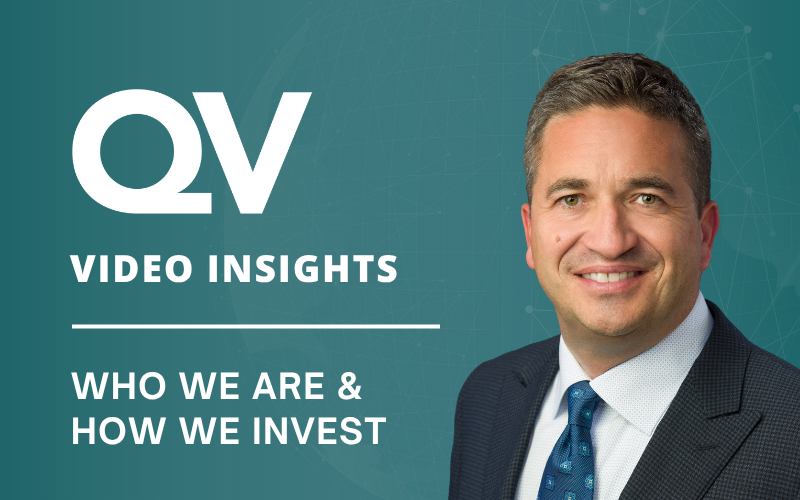Sir Isaac Newton was the founding father of modern physics and a constant thorn in the side of this author’s high school academic career. But for all of Newton’s genius in the scientific realm, he was a famously poor investor. In 1720, he bought shares in the South Sea Company, first doubling his money, then regretting selling the stock, buying it back at much higher prices and subsequently losing the entirety of his investment. In his own words, he “could calculate the motions of the heavenly bodies, but not the madness of people.”
Unlike the orderly way large celestial bodies in our universe behave, the world of investing is neither predictable nor orderly. Universal measurements don’t exist (just ask us how to calculate EBITDA!) We also don’t believe there is a universal formula for predicting investment outcomes. In fact, the investing universe looks more akin to the world of quantum mechanics (the behaviour of infinitesimally small objects). The best we can do with small objects, at least today, is to make predictions within bands of probabilities. Like current quantum mechanics theories, we believe it is also impossible to properly pinpoint the future of any investment – the best we can do is create bands of probabilities. While we will never know which outcome within this band of probabilities will ultimately come to fruition, if we can pick investments that yield a band of outcomes ranging from mediocre on the downside to a strong outcome on the upside, a portfolio of these investments is likely to yield generally good results.
We have written on the impact of supply chain disruptions recently, which has affected many aspects of the economy. One sector that has been disproportionately affected is the auto sector, as cars’ dependency on semi conductors is high. Throughout the summer this year, we saw many automakers take turns temporarily shutting down entire production lines as the supply of chips was unable to keep up with production. We own Linamar and Magna in the QV Canadian Equity Strategy and are seeing the effects of unpredictable chip shortages flow through in the form of weaker than expected earnings. Magna recently had to materially lower its full year 2021 guidance due to this unpredictable chain of events. While we were seeing the warning signs of a potential chip shortage as early as 2020, the severity of the impact it would have on Magna was still a surprise.
We remain comfortable with our position in Magna despite the headlines around the chip shortages – in fact, throughout the summer we selectively added to our position. This is not predicated on a view that supply challenges will resolve in a rapid manner. The ultimate duration of the chip shortage will likely remain an unknowable figure, at least in the near term. The knowable items, in our opinion, are the following: 1) Magna’s balance sheet is very strong, and we believe it can access liquidity if needed; 2) the company can generate more than enough funds to pay its dividend and capital expenditures even in a weak production environment; 3) Magna has successfully scaled up its business such that margins, valuation and top-line revenues can grow simultaneously, which creates an attractive upside proposition. Magna’s valuation had been somewhat elevated for a period in early 2021, but since the summer, valuation levels have become more reasonable (see chart below), lowering the risk of valuation downside as well.

Source: Capital IQ
These knowable items help us create a rough band of potential outcomes for this investment, but we won’t be able to pinpoint exactly which outcome will come true. What we can conclude, however, is that our downside would be mediocre but not disastrous, owing to Magna’s cash generation and balance sheet, while Magna’s upside remains attractive.




